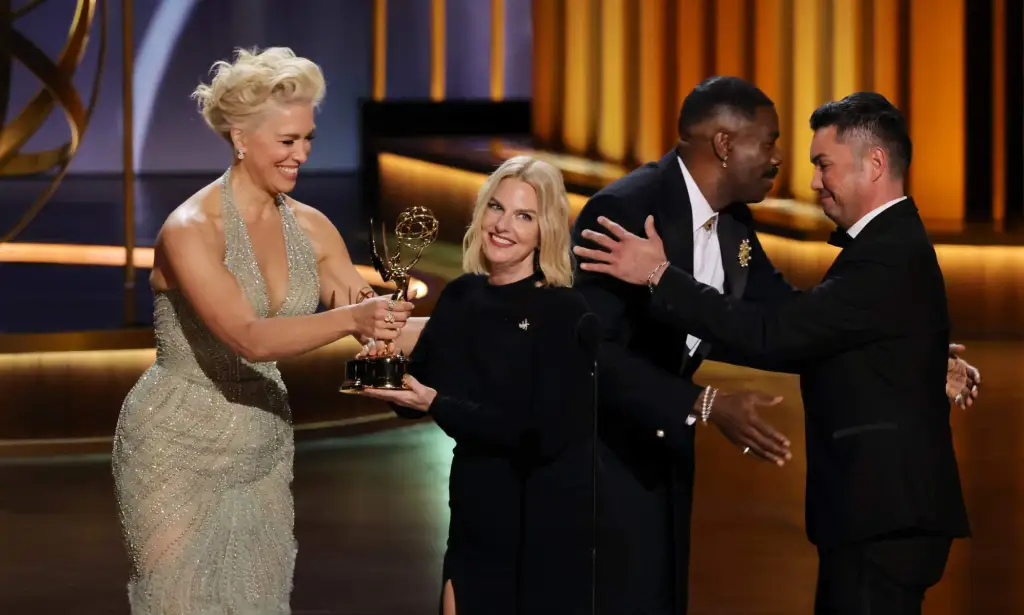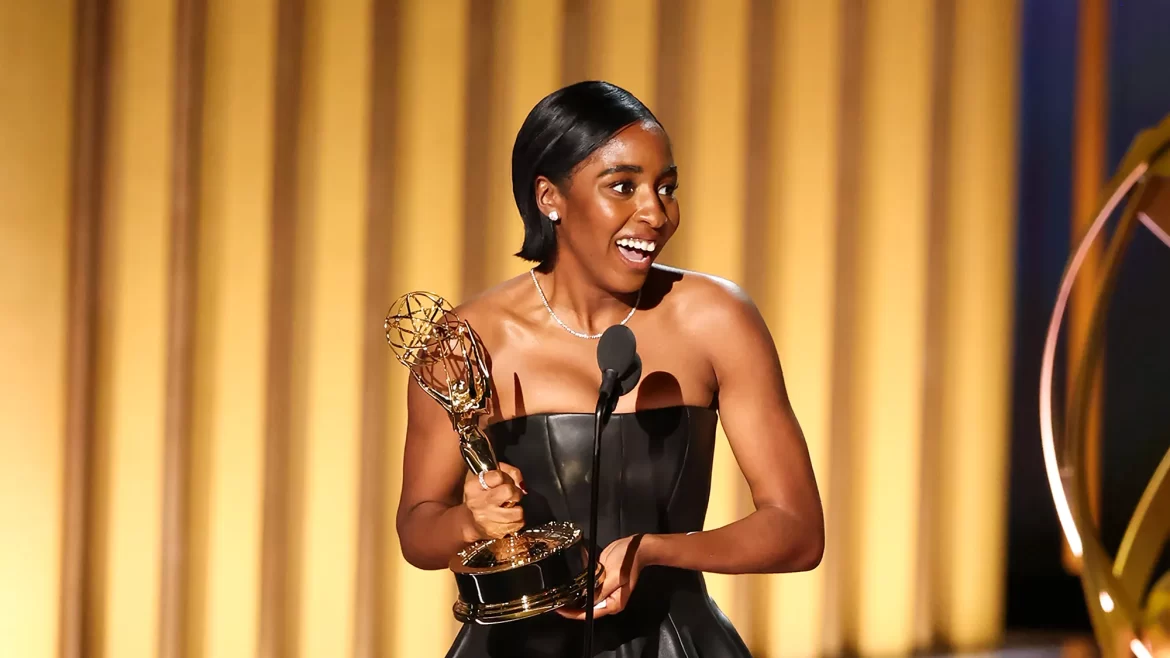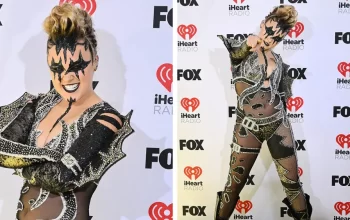Emily Telesco, Blogs Editor
@etelescocourant
Any fan of film, music, television, and theater knows what season it is. It’s awards season! In fact, it began in early January – with the Golden Globes, Critics Choice Awards, and Emmys having already happened – and will continue into the spring and early summer. This will include events such as the BAFTAs, Grammys, Cannes Film Festival, and Tonys. This means that for the next several months, you can catch your favorite stars – all dressed up in extraordinary designer outfits – lining red carpets everywhere.
Aside from all of the obvious glitz and glamor that comes with award ceremonies like these, there’s something else that I’ve been paying attention to – and that is how racial and gender inclusivity has changed. Just from the last three awards, I noticed that there have been significantly more winners of Asian, African American, and Native American heritage. In addition, there has been an increase in gender representation as well, with more attention being brought to the LGBTQ community as well as women in the industry.
Why is inclusivity and representation so important in the film industry? Primarily, inclusive storytelling provides opportunities for diminished voices to shine, while also creating a more realistic representation of society. Having more diversity in film challenges common stereotypes and most significantly – allows audiences to connect with narratives that resonate with their own lives and experiences.

If you’ve been watching the past few awards, you’d know that one of the shows that has dominated them is the Netflix drama Beef. Created by Korean director Lee Sung Jin, it stars many actors of Asian descent. At the Critics Choice Awards, it won all four categories it was nominated for, including best limited series. In addition, It won Outstanding Limited Series at the Emmys, and actors Steven Yeun and Ali Wong both took home awards (again!) for Lead Actors in a Limited or Anthology Series. Wong’s win made her the first woman of Asian descent to win a lead acting Emmy. The Asian community have been unrepresented at film awards for years, and only as of recent are they becoming more recognized. This was especially seen at last year’s Academy Awards, with Michelle Yeoh and Ke Huy Ku Quan’s historic wins.

The recent awards have also resulted in a significant number of black female winners. At the Golden Globes, actresses Da’Vine Joy Randolph and Ayo Edebiri took home the awards for Best Performance of a Female Supporting Actor and Best Performance by a Female Actor in a Television Series, Musical or Comedy, respectively. Edebiri won again at the Emmys – for Outstanding Supporting Actress in a Comedy Series!
In the same night, actress Quinta Brunson won Outstanding Actress in a Comedy Series – becoming the first black actress to win that award in more than 40 years.
Going back to the night of the Golden Globes, Killers of the Flower Moon actress Lily Gladstone took home the award for Best Actress in a Drama Picture. She was only the second Indigenous woman to receive a nomination, and made history as the first Indigenous person in history to receive that award. Gladstone began her acceptance speech in the Blackfeet language. Her historic win and powerful speech brought attention to the lack of Indigenous representation in the film industry, calling for a more diverse film industry.

Moreover, gender representation and inclusivity is something that I’ve seen growth in as well. According to Time Magazine, in 2022, Only 2.1% of speaking characters in the top films of 2022 identified as LGBTQ+. This statistic speaks volumes for the need for improved LGBTQ+ representation in Hollywood. At the Emmys this year, President of GLAAD (The Gay and Lesbian Alliance Against Defamation) Sarah Kate Ellis was awarded the Governor’s Award. First awarded in 1978, the Governor’s Award is one of significant prestige. According to the Emmys website, it “recognizes an individual, company, or organization that has made a profound, transformational, and long-lasting contribution to the arts and/or science.” This momentous recognition was vital in highlighting GLAAD’s impact in creating a more diverse industry landscape, and encouraged progress towards a more inclusive future.
In addition, I’ve also noticed considerable female representation this awards season. According to the San Diego State University, women account for only 22% of all directors, writers, producers, editors, and cinematographers working on the top 250 grossing films. However, one of the biggest films of 2023 made significant progress in highlighting women – and that was Barbie. Through this film, Director Greta Gerwig explored themes of feminism and female ambition, and challenged societal norms. At the Golden Globes, Barbie won the first Cinematic and Box Office Achievement Award. At the Critics Choice Awards, Barbie took home six trophies – including the awards for best comedy. These wins not only emphasize the movie itself, but also amplify Gerwig’s call for change in the industry and embrace female empowerment.

Ultimately, embracing representation in the film industry progresses us towards a more inclusive future. By serving as a platform that recognizes and celebrates diverse voices and experiences, the themes conveyed in these stories have the ability to reach and resonate with a much wider audience.
With people of diverse ethnic backgrounds and identities being represented and recognized, the results of this awards season has so far proved to be one step forward in that direction.




